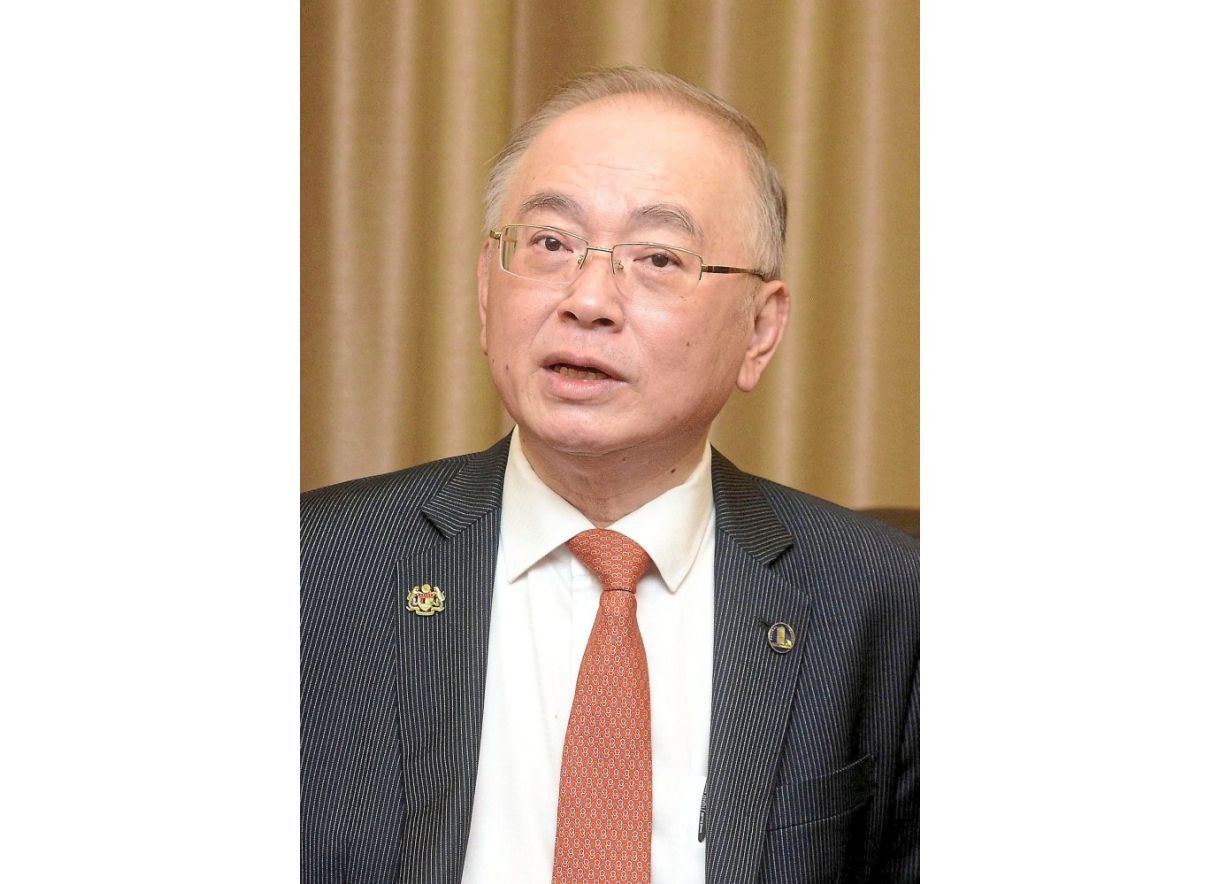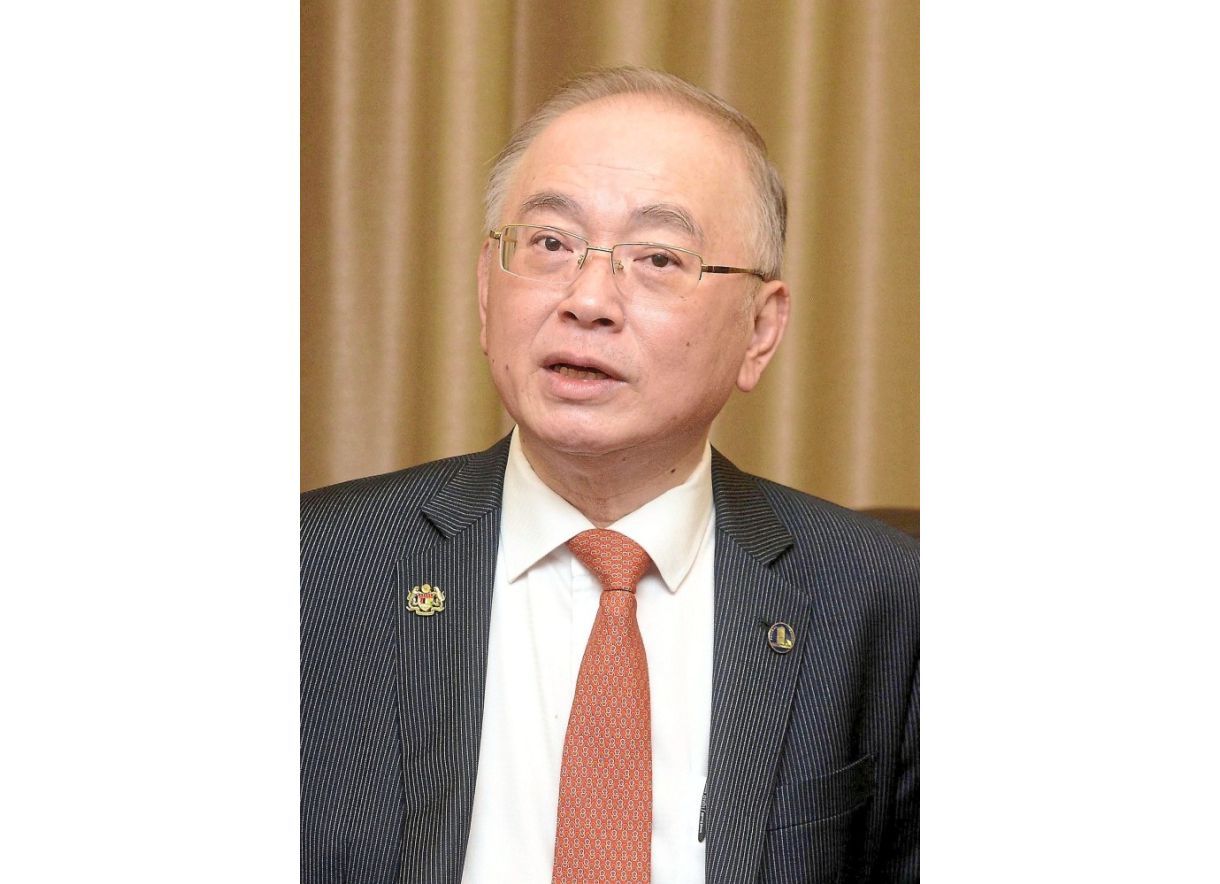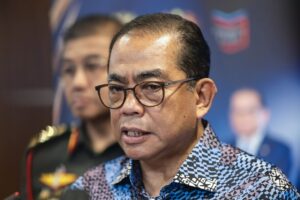
KUALA LUMPUR: Datuk Seri Dr Wee Ka Siong has raised questions regarding the government’s definition of STEM (science, technology, engineering, and mathematics) education, urging clarity on the scope of subjects classified under the category.
Dr Wee said that STEM consists of 38 component subjects, yet only four are considered as pure sciences.
“I would like to ask about the definition used by public universities under the Higher Education Ministry.
“Do we view STEM, based on the 38 components, as STEM-related subjects or, like many other countries, lean more towards pure sciences?” the Ayer Hitam MP asked during Question Time.
He said determining the proper definitions would impact how progress in STEM education is measured, particularly in terms of the percentage of STEM-related achievements at university level.
In response, Deputy Higher Education Minister Datuk Mustapha Sakmud said the matter required further discussion but said there was an overlap between technical and vocational education and training (TVET) and STEM.
“It encompasses various fields that we offer at the university level, in polytechnics and also in our TVET institutions.
“I acknowledge the suggestion from Ayer Hitam, that we should define this more precisely to ensure that our graduates will be in demand by industry and become skilled workers in this country,” he said.
Earlier, Mustapha said the Higher Education Ministry remains committed to implementing various initiatives aimed at developing resilient, adaptive talent that is prepared to face rapid technological changes, particularly in the fields of STEM and TVET.
“In line with the nation’s aspiration to produce graduates who are equipped to meet current and future challenges, the Higher Education Ministry has undertaken various strategic efforts to enhance graduate employability, particularly through the adoption of the latest technologies and a more inclusive approach to TVET,” he added.
They include strengthening intervention and development programmes, such as the ministry’s industrial and professional certification programme (KPTiP), aimed at providing added value and opportunities for graduates to enhance their skills (upskilling) and acquire new skills (reskilling).
“This is a short-term programme designed to add value to the knowledge and competencies of graduates, enabling them to navigate economic changes and meet current industry demands, including in the areas of STEM and TVET,” he said.
Aside from that, he said the ministry had introduced a future-ready curriculum, with regular curriculum updates carried out every three to five years through the implementation of the Future Ready Curriculum framework (FRC).
“FRC is a flexible and adaptive learning model designed to produce graduates who are future-proof and capable of adapting to the challenges of the 21st century,” Mustapha added.






